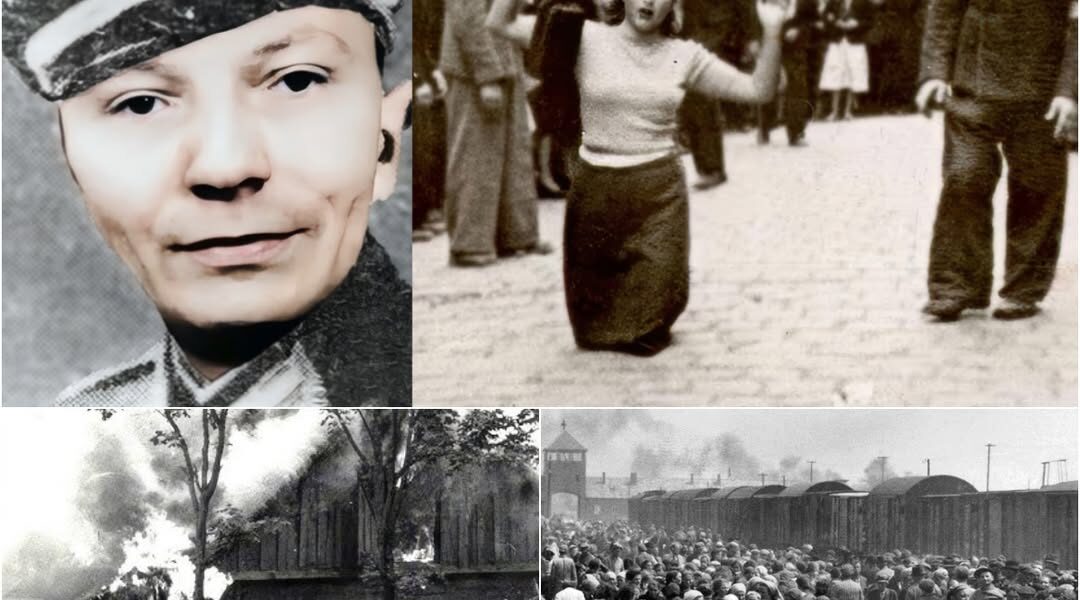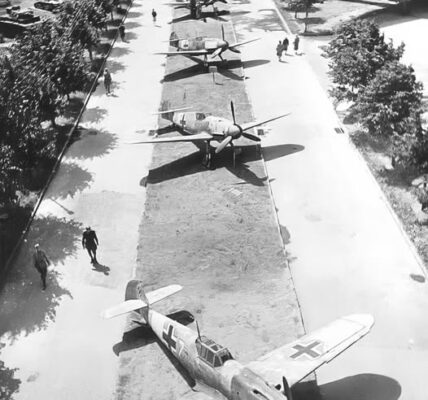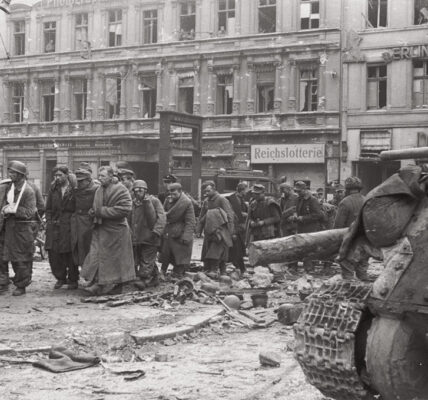HIS CRIMES WERE SO APPALLING THEY HORRIFIED ALL WHO HEARD: The Price Paid by Albert Schuster – “The Butcher of Łysogóry” for Murdering 1,300 Victims and Forcing Survivors to Thank Him for His Brutality
CONTENT WARNING: This article discusses Nazi war crimes and a post-war execution. It may be distressing. Purpose: historical education and remembrance of victims only – never to promote violence.
From Berlin Traffic Police to “The Butcher of the Holy Cross Mountains”
Albert Schuster (1912–1947): The Path That Led a German Police Officer to the Gallows in Kraków
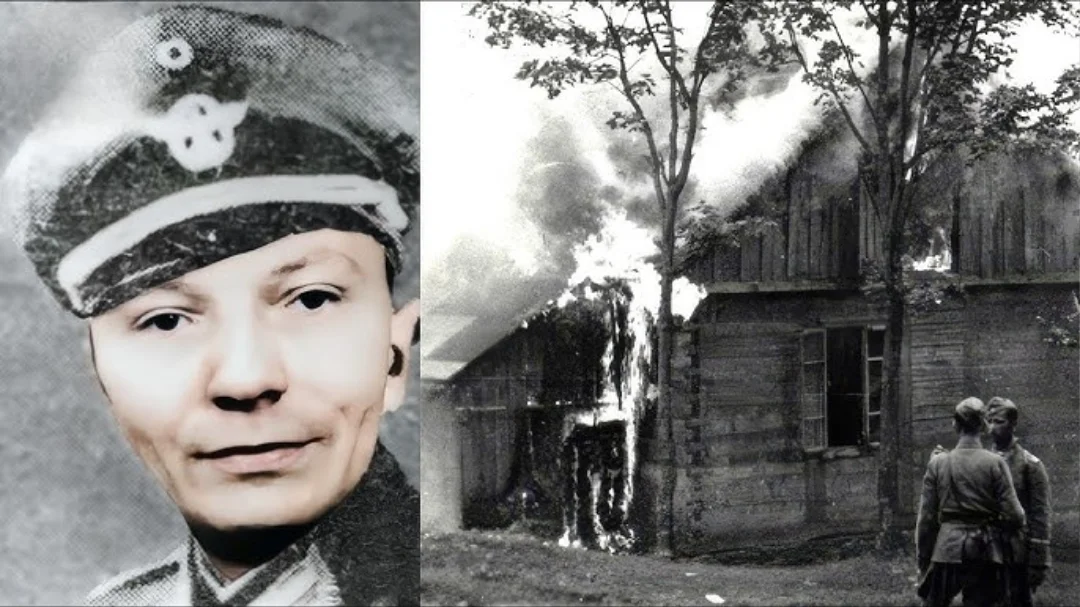
KRAKÓW, 23 December 1947 – In the courtyard of Montelupich Prison, beneath a cold winter sky, a 35-year-old man in prisoner’s clothing was led to the scaffold.
His name was Albert Schuster, former sergeant of the German gendarmerie – the man central Poland knew as “The Butcher of Łysogóry”.
A Rapid Rise in the Third Reich
Born in 1912 in Plauen, Schuster joined the Nazi Party on 1 May 1933.
From a motor-traffic officer in Berlin, he became an instructor training police units for “anti-partisan” operations in the occupied East.
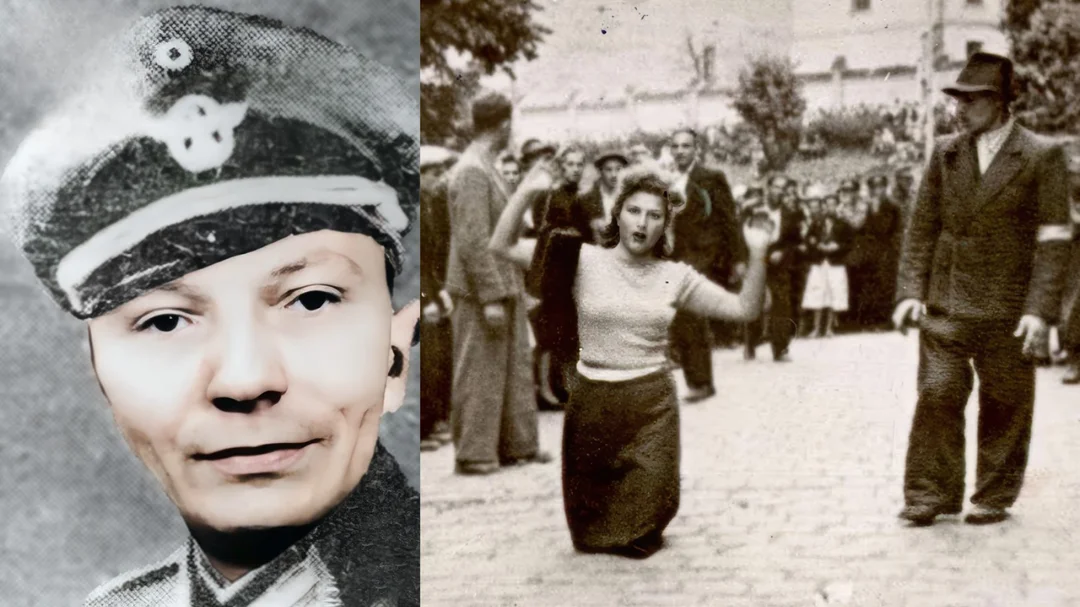
Briefly imprisoned in 1942 for insulting a superior, he was personally reinstated by Heinrich Himmler – a clear sign the regime prized his brutality.
Terror in the Świętokrzyskie Region
From early 1943 Schuster was deployed first to Belarus, then to the Holy Cross Mountains (Świętokrzyskie) region of central Poland – one of the strongest centres of Polish resistance.
Under the official label of “pacification”, his units carried out systematic extermination of the civilian population.
Entire villages – Michniów, Lipsk, Rząbiec, Wólka Plebańska and many others – were burned to the ground.
Hundreds of innocent men, women were shot on the spot or locked inside barns and houses that were then set alight.
Survivors who testified decades later recalled Schuster standing calmly watching the flames, sometimes forcing those who emerged alive to kneel and “thank” him for sparing their lives.
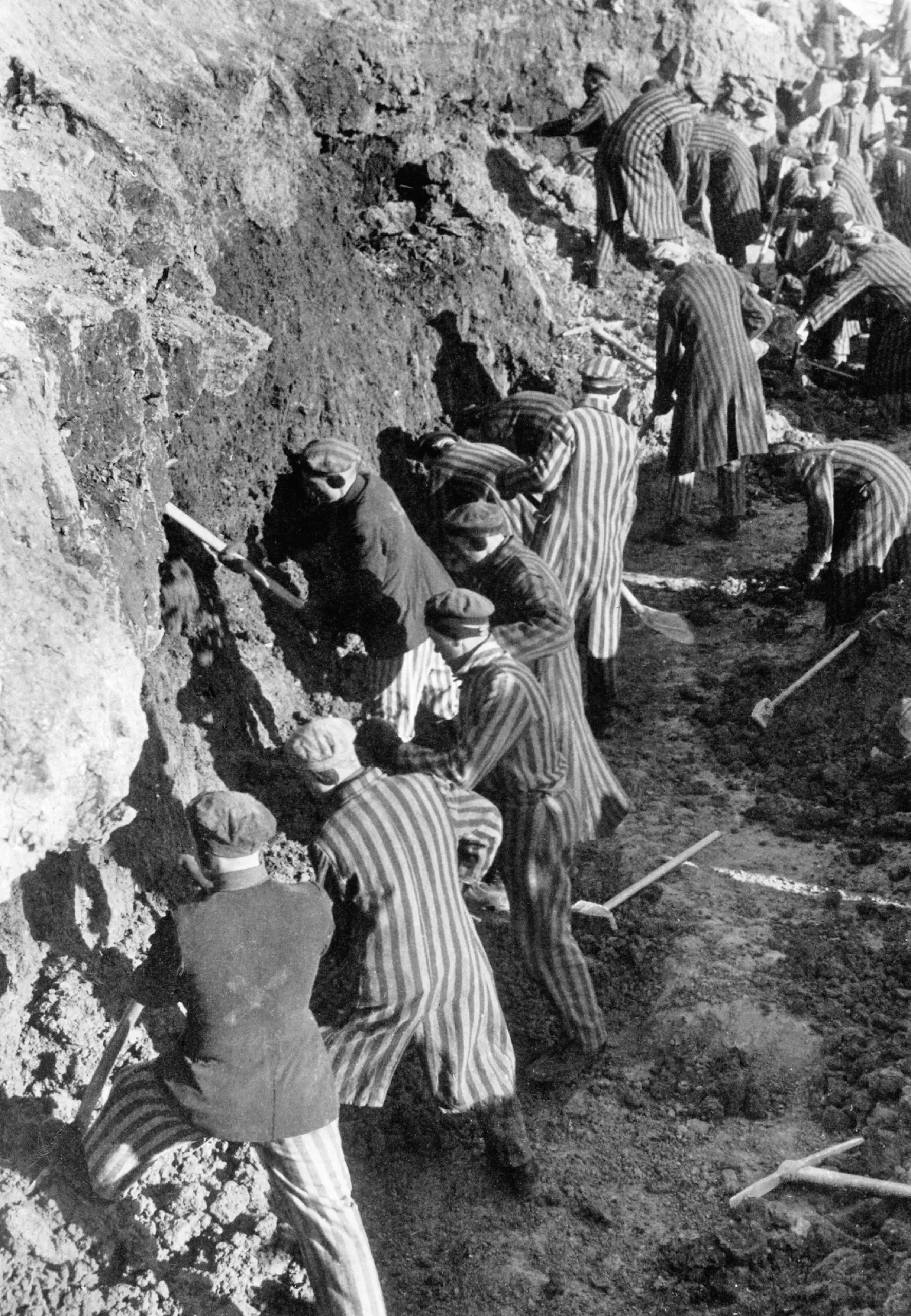
The name “The Butcher of Łysogóry” spread through the forests and mountains like a curse.
Post-War Reckoning
Captured by U.S. forces in 1945 as he fled west, Schuster was extradited to Poland in 1947.
The trial before the Supreme National Tribunal in Kraków ran from September to October 1947.
More than fifty survivors who had hidden in the forests for years gave testimony about the atrocities committed under his command.
Records later compiled by the Polish Institute of National Remembrance document at least 1,300 civilian deaths.
On 23 October 1947 the court delivered its verdict: death sentence.
On 23 December 1947 the sentence was carried out in Kraków.
Albert Schuster’s execution could not restore the lives he took.
But it stood as a solemn declaration that justice, however delayed, can still reach those who believe themselves untouchable – and that the memory of their crimes will never be erased.
We tell this story today not to feed hatred, but to honour the innocent victims and to remind ourselves:
Primary Sources
Polish Institute of National Remembrance (IPN)
Krakow 1947 trial records
Polish Home Army Museum archives
#HolocaustEducation hoặc #HistoricalRemembrance
